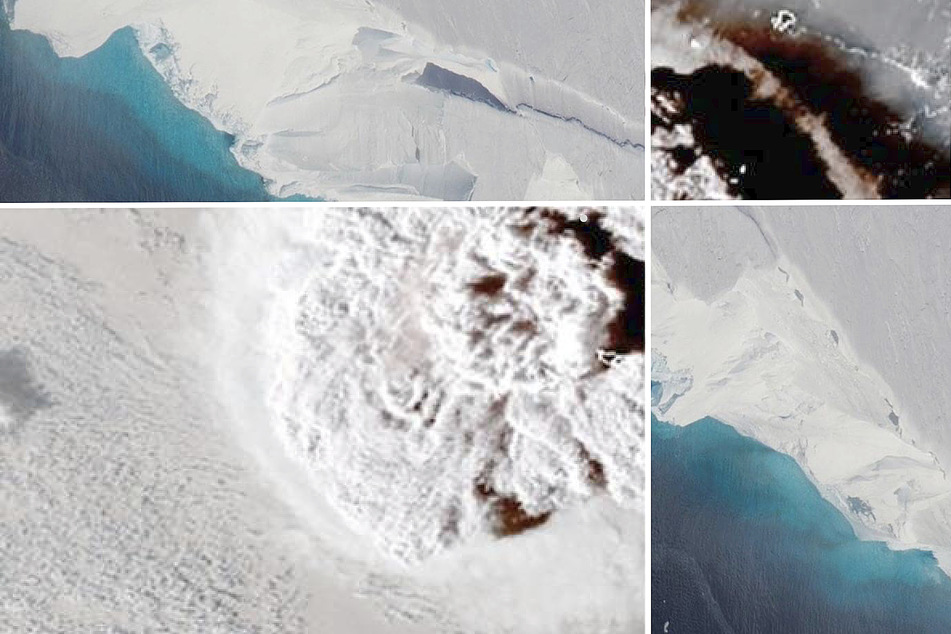How climate change could lead to more volcano eruptions
Leeds, UK - After an underwater volcano erupted multiple times off the coast of Tonga over the weekend, causing a potentially devastating tsunami, some Twitter users claimed that climate change might have played a part. It turns out, they might be right!

A British research team from the University of Leeds published the results of their study in the science magazine Geology, showing the surprising link between climate change and more frequent eruptions, as shrinking glaciers lead to more volcanic activity .
The team checked records of Icelandic eruptions that happened about 5,500 to 4,500 years ago, because that was a time of cooling and glacier growth, and looked at layers of ash in bogs and lakes.
Armed with a solid timeline of volcanic activity, the study compared the glacial coverage, they found the number of eruptions indeed dropped significantly as the climate cooled and ice expanded.
The study explains that as glaciers expand, the ice puts more pressure on the Earth's crust.
"It can affect magma flow and the voids and gaps in the Earth where magma flows to the surface as well as how much magma the crust can actually hold," Graeme Swindles, co-author of the study and associate professor at the University of Leeds School of Geology says.
Now that climate change is causing glaciers to melt and retreat, their weight on the Earth's surface reduces, "and the magmas more easily propagate to the surface and thus erupt," Swindles wrote in an e-mail to Scientific American.
The research also shows that there is about a 600-year lag between the start of glacier growth and the slowdown of volcanic activity, so there is no option to quickly turn back time on volcano activity, making immediate climate action all the more pressing.
Cover photo: Collage: IMAGO / ZUMA Wire
